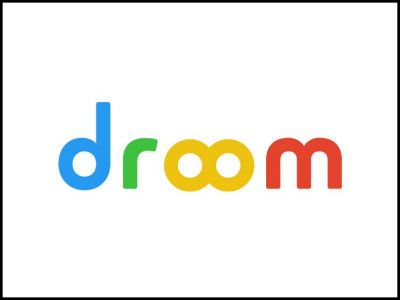Introduction
Google is an American multinational technology company that focuses on search engine technology, online advertising, cloud computing, computer software, quantum computing, e-commerce, artificial intelligence, and consumer electronics. It has been referred to as the “most powerful company in the world” and one of the world’s most valuable brands due to its market dominance, data collection, and technological advantages in the area of artificial intelligence. The business Model of Google includes its business Plan, Revenue model, its competitors, SWOT Analysis and many more.
Google ended the yellow pages by providing the possibility to find, with a click of a mouse, not only the businesses of your city but of the whole world!. The search engine also reduced students’ visits to libraries at their educational institutions by allowing access to collections and files spread across the planet. Anyway, any question that comes to our mind, at any time of the day, it’s enough picking up the phone and doing a quick search for the answer.
Business Plan
The company has managed to secure the top position in the list of the best sites in the world. Not just that it is one of the most popular search engines as well.
The Google model can appear to you somewhat complicated, which it is. Though, when broken down into main sections, the Google Inc. business model becomes clearer.
Different industries covered by Google’s products and services are-
- Internet
- Computer software
- Cloud computing
- Advertising
- Artificial intelligence
- Computer hardware
Revenue Model
The Company’s major revenue source is its ad-powered search engine. This might account for up to 95 percent of total revenue. Google Ads, Google Shopping, Google AdSense, Google AdMob, YouTube, etc are integral to the advertising revenue streams of Google.
There is a pretty large user base for the amazing Google maps, and it gets the amazing revenue from the API that has which is particularly used by the companies such as Trivago, Uber, Pokemon Go and so much more.
There are collective and collaboration tools provided in the G Suite such as Docs, Hangouts, Gmail, Calendar, Drive, Sheets, Sites, and so much more in the most amazing way for sure. The brand would operate on a business model which is freemium for sure.
Competitors
Being the best in the world, doesn’t leave the possibility of having competition. Some of Google’s Competitors are:
- Bing
- Yahoo!
- DuckDuckGo
- Baidu
- Yandex
SWOT Analysis
Strengths
- Leadership: Google is the top online search engine, and it has no competitor near it that can challenge its position as the most trusted search engine.
- Brand: Google is one of the most famous in the world and, according to Forbes, the second most valuable one, only behind Apple;
- Technology: Google has successfully adapted mobile and android technologies. The company also works continuously to bring in new and innovative features. They also have units that use to improve the customer experience.
- Revenue: Google’s huge revenue has ensured one of the fastest growths in the world, and permits the company to invest in innovation and new products or acquisitions on a regular basis.
Weaknesses
- Privacy policies: Google is frequently questioned about its inner policies of hiding information on its algorithms and similar;
- Overdependence on advertising: The company spends less time and investment in marketing. The presence of the company in social media is minimal. Since online presence creates a good impression for most companies, this is one of its significant weaknesses. For revenue, Google highly depends on the advertisers. Any negative response from the advertisers can question the stability of the company. It may affect the future growth of the company.
- Boycotts: Many advertisers have boycotted Google and YouTube, which can be a weakness of the company.
Opportunities
- Wearable market: Google has acquired Fitbit for US$ 2.1 billion, which will make them a potential competitor of Apple.
- Cloud services: Although Google is still the third in this market and is behind the first two when it comes to services offered, the company is investing in this industry to enhance it and diversify its own revenue streams;
- Google Meet: Recent pandemics have made Google exploit the demand for remote work solutions;
- Expansion: The Cloud computing system can be a profitable opportunity for a company like Google. Since online payments are getting more popular with time, Google, as a trusted company, can have more recognition for their online payment gateways.
- Revenue diversification: Google has businesses to avoid dependence on advertising (YouTube TV, Google Cloud, Google Play, hardware, etc.).
Threats
- Market share: Online advertising market is watching competition take share from Google regarding online ads, especially from Facebook and Amazon;
- Anti-encryption: Governments and child welfare groups are pushing for the elimination of encryption technologies to ensure child exploiters online are revealed promptly. However, the lack of user anonymity can make it lose customers. Google has been criticized a few times for their anti-encryption drive to reduce child abuse.
- Political tension: Google was to provide cloud service in China, but the plan was aborted due to geopolitical tensions with the country. If that problem repeats in many countries, that may affect global operations.
Conclusion
The company explores many distinct faces of the tech industry and has succeeded in most of them, which makes Google a competitor to pretty much any big tech firm based anywhere in the world.




